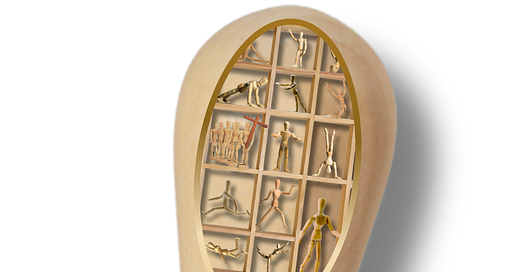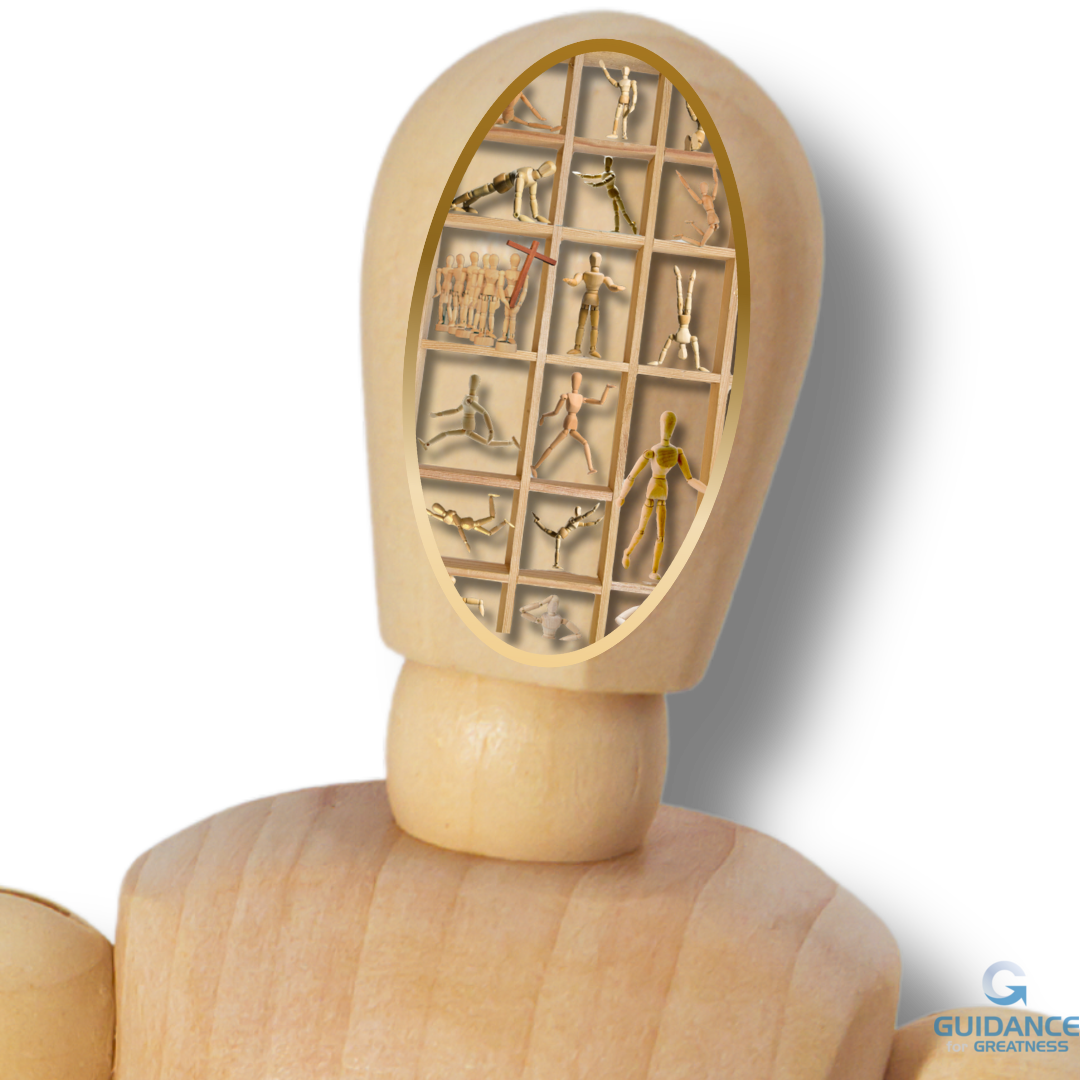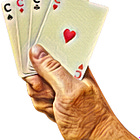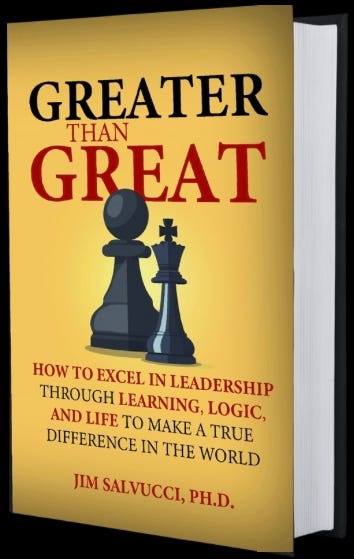The 1990s were a volatile decade politically in the U.S. Although such colorful powerbrokers as Newt Gingrich and Bob Dole represented different wings of the Republican realignment, no politician dominated quite like Democratic President Bill Clinton.
Love him or despise him, Clinton stood as a colossus in American politics despite his profusion of personal failings, retrograde behaviors, and carnal appetites—which seem almost quaint today. One of the keys to his apparent political success was also his greatest personal deficit: his ability to compartmentalize.
Compartmentalizing isn’t always bad. For instance, I wrote about a scenario years ago in which a Jewish doctor found himself saving the life of a Covid patient whose body was covered in Nazi-themed tattoos. To do his job, he had to set aside or compartmentalize his emotions and fears—an act of personal sacrifice and professional heroism.
But Clinton’s compartmentalization was of a different sort. He didn’t just remove himself emotionally from a harrowing situation. He also removed himself morally. This is why he could play the family man yet betray his family. It’s why he could promote progressive causes and then undermine them with center-right or rightwing policies. It’s why he could mentor a young intern while using their vast difference in status and age to pressure her into sex. He simply put these various items in different compartments in his brain, enclosing or removing them as needed.
This compartmentalization made Clinton a canny politician and maybe even an effective president but a lousy leader. His excesses helped fertilize the soil that would eventually produce the political fruit we’re being fed today. Had he been more focused on the impact of his actions and less on conveniently segmenting the components of his mind and life, perhaps we’d be living in a different, better world.
During Clinton’s presidency, Republicans were fond of saying that when it comes to leadership, character matters. Democrats scoffed at the notion. Now time and irony have reversed those positions.
Republicans were right way back then as Democrats are today. Character matters when it comes to leadership. And, what’s still true for the White House is just as true in the workplace. In fact, character stands as the first element of my framework for great leadership—the 4 Cs—undergirding the other three elements: communication, compromise, and collaboration.
Furthermore, despite beliefs to the contrary, no one’s character need be entirely set forevermore. To be a great leader as well as a decent person, you must develop and improve your character as you move through life. In short, with a little moxie, you can go from being a bad hombre to being a good hombre.
I’ve worked for people of both types—good character and bad character. While the latter sometimes “get things done,” they do so at a very high cost to individuals, the organization, and even themselves. In addition, like Clinton, their achievements rarely extend beyond the immediate.
A Different President but Much the Same
My first full-time faculty position was at a sleepy little commuter college in the suburbs of Baltimore. It wasn’t much of a school, but it had a devoted staff and decent facilities and served its niche well.
When I got there, the president had only been in his position for a year. He was full of great ideas and had plans to execute them. Quickly things started moving.
Over the next decade, we added two new campuses, erected a first-class stadium to accommodate our brand-new football team, launched new majors, opened a school of business, added graduate programs, restructured as a university, and changed our name. Perhaps you’re thinking that this president must have been one hell of a leader. In some superficial senses he was, but—much like Clinton—what drove him forward also held him and us back.
I’ve touched on a few of this man’s many foibles before, and in my judgment he lacked the character to be a great leader as the outcome of his efforts prove.
Soon enough, his vision ran out. The president stopped even considering ideas that didn’t gestate in his head, and his ideas always had to be taken seriously even when they weren’t at all serious. As a result, we constantly had to initiate, revamp, and eliminate programs and projects at his whim. Despite our considerable investment of time, energy, and resources—unlike in the early years—little came to fruition.
I won’t try to psychoanalyze him because I can’t. I can say that his shortcomings as a person began to wear on the institution, and he showed no interest in developing his character. Loyalty to him became the principal virtue, with the slightest pushback resulting in the harshest of responses. Sure enough, bad players gained his trust and rose to positions of power throughout the institution.
Like Clinton, his greatest drivers of success—in this case his overconfidence, pliable values, and reliance on loyalty—were the character flaws that finally held him back, stagnating the institution, befouling the culture, and causing massive damage to those around him.
So we have two portraits of ostensible leaders who lacked whole and solid characters—two presidents presiding over substantial (though disproportionate) entities and leaving shambles in their wake.
From them we can learn that character is neither fungible nor free-flowing. You can’t just shift the bits and pieces of your character around or swap them out whenever you want any more than you can isolate them in little cubbyholes for your convenience. Nor can you reshape character on a whim, accommodating it to your immediate and fleeting desires.
As with integrity in general, the leader’s character must be whole and solid in order to be reliable. Character is the sum of parts, not the individual parts themselves no matter how arrayed. Shattering or dividing character into constituent components in order to compartmentalize destroys its wholeness. At the same time, to remain solid, character must also not be fluid like a liquid that takes the shape of whatever container you decide to pour it into.
The Potency of Good Character
As a contrast, here’s how a whole, solid, and reliable character can better operate in a leader.
I know a civil rights attorney who founded and led a nonprofit legal office. She had devoted her lifework to becoming a woman of great character and the consummate professional, qualities she brought to her leadership right from the outset.
The quickest and laziest way for her to launch into it would’ve been to dictate to her team members exactly what she thought best at the moment, much like that university president. Instead she listened to them, guiding and mentoring them along the way. Although they were inexperienced, she empowered them to express their ideas and concerns and use their judgment.
What’s more, she opened her office and hired her staff all during the height of the Covid pandemic when none of them could meet in person. The task seemed Herculean, yet she leaned into her values to shape a new and positive culture that could brook challenges and changes. Without a whole and solid character to rely on, her efforts would have failed.
As new programs arose and the office rapidly grew, the new mix of individuals could’ve become overwhelming. But, because she had created a culture of mutual respect, the team’s bond only strengthened. Moreover, the new programs thrived in this environment.
All the while, the legal team had clients in dire circumstances who desperately needed their help. This managing attorney’s professional commitment to client advocacy and the organizational mission was unparalleled, and her example inspired her team to commit as well.
Now, let’s imagine she were not of sound character, if she instead—like Bill Clinton—were a compartmentalizer. Any success she met with would’ve proven unsustainable. Or, if she were arrogant and arbitrary or had cultivated a cult of loyalty—like that university president—she would’ve undermined trust and deterred future progress.
Instead, because she had developed a sound character, the culture of mutual respect and commitment she established continues long after she left that position.
That’s the power of cultivating a strong character and staying true to your values. Character forms the very basis of leadership for a reason. Leadership without solid character exists as an anemic thing that will soon wither and die.
Great leaders know their values, craft their behaviors, and lean into their character for guidance. They eschew compartmentalization and self-indulgence. Furthermore, they understand that betrayal of one’s values is personal corruption of the highest order. Great leaders develop great character first and then inspire others to develop their own.
Great leaders don’t allow superficial or short-term success to deceive them and lull them into complacency. They construct their practice on a character that is both whole and solid. They measure success in their commitment to their mission, their duty, their team, and the sustainability of a positive future.
What have you done to develop a character that is solid, whole, and reliable? How do you resist compartmentalizing and indulging yourself as a leader?
Great leaders challenge themselves to develop and lean into their character, and I can help.
Unlock the Great Leader Within! Download my free resource, the Transform To GREATness Toolkit, now!
I look forward to hearing from you.
Intro and outro podcast theme music by LiteSaturation from Pixabay.
Need a speaker or a podcast guest? Invite me!:
Need an engaging and experienced speaker for your event? Check out my Speaker’s Page.
Looking for a compelling podcast guest? Check out my Podcast Guest Page.
I’m Dr. Jim Salvucci, an author, keynote speaker, coach, and consultant. I served higher education for 30 years as an English professor, dean, and vice president before founding Guidance for Greatness to guide young bosses to become the next generation of great leaders. I’m a certified Tiny Habits coach as well as a certified Thrive Global coach and life coach and hold leadership certificates from Harvard University and the Council of Independent Colleges in addition to my Ph.D. from the University of Toronto. Central to my leadership philosophy is that all great leaders are decent humans as well as great teachers, guiding their people and their organizations through values toward success. My goal is to guide today’s young leaders to become the next generation of great leaders by offering practical strategies on values-driven leadership.
Look for my new book, Greater than Great: How to Excel in Leadership through Learning, Logic, and Life to Make a True Difference in the World, in early 2025!






















Share this post